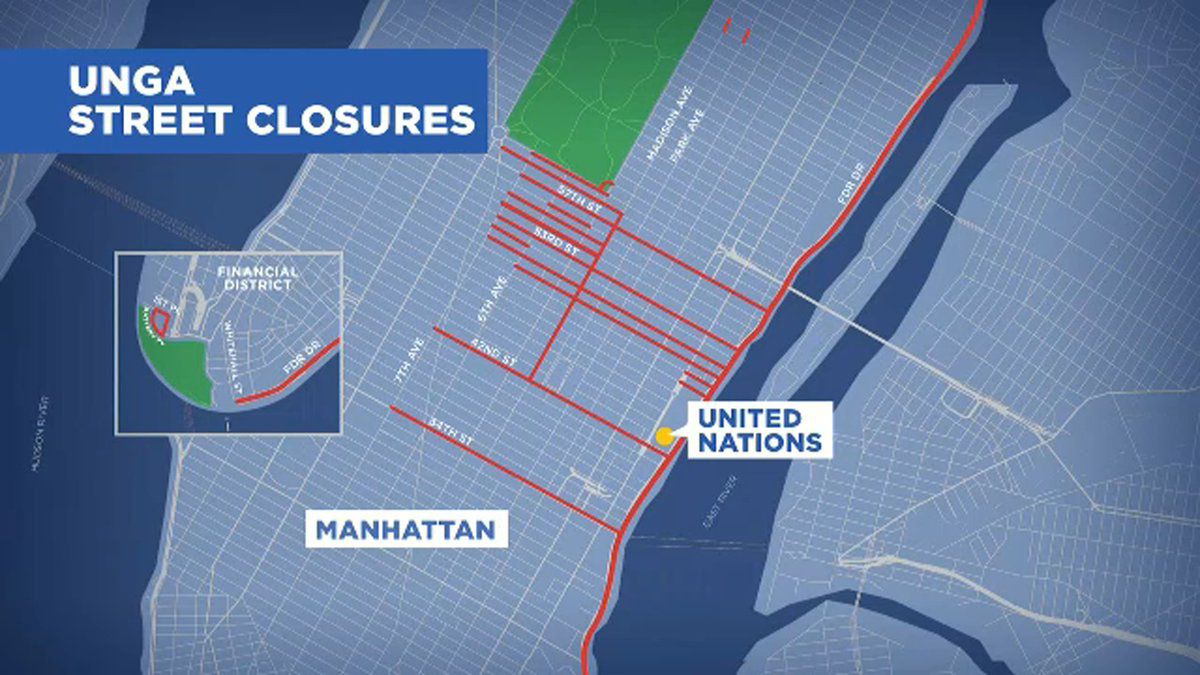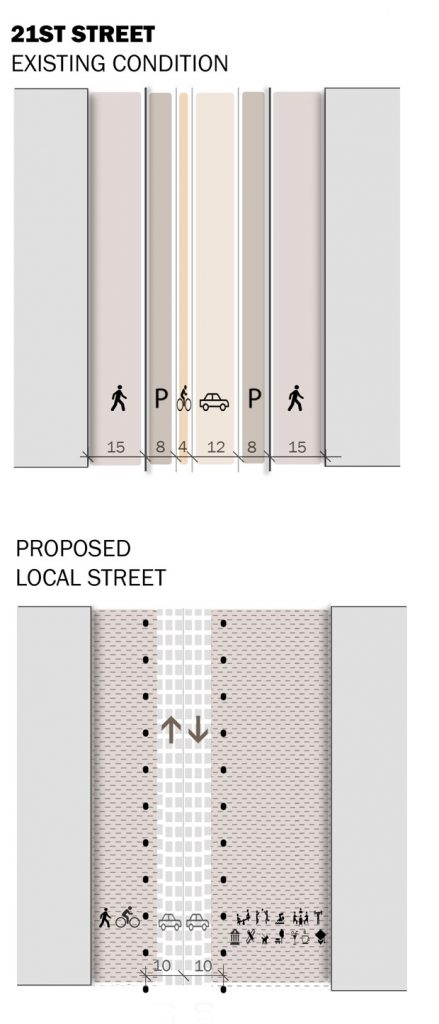

We can not return to the status quo - it’s imperative that we seize this moment and create lasting change in the Central Business District," said Manhattan Council Member Keith Powers.Īdvocates and elected officials last year warned of a looming carmageddon, and begged de Blasio to follow the lead of other cities around the world and address the coming problem with pop-up bus lanes and high-occupancy vehicle policies - like those enacted after 9/11 and during a three-day transit strike in 2005.

“I support the mayor implementing emergency bus lanes as a means of easing congestion, making our streets safer, and promoting the widespread use of public transportation. It's time for bold (and quick and easy) action. It's something that has been raised, honestly it's worth another look.”īut "another look" - the same thing Hizzoner said after advocates called for carpool lanes on city bridges in advance of the carmageddon we are now all experiencing - doesn't cut it anymore, advocates and elected officials say. We've made a lot of announcements, obviously about expanding bike lanes, expanding bus service, busways, et cetera. "The focus that we have is to get people out of their cars, get people back to mass transit. I experienced it myself," the mayor told Streetsblog on Wednesday when we asked why this week's gridlock alerts were not also coupled by serious street management policies to reduce the influx of cars. “I think we have a real congestion problem. On Monday, the first of this week's "alert" days, a whopping 895,109 cars traveled across MTA-owned bridges and tunnels, according to the agency’s data - roughly the same as the Monday before, when no so-called alert was in effect.Īnd all the mayor had to say about it on Wednesday was.
#Nyc gridlock alert days 2020 drivers#
Car drivers are basically ignoring the city's “ Gridlock Alert” days for the UN General Assembly this week, driving into Manhattan in roughly the same numbers as last week, according to preliminary MTA data - a result of the mayor’s failure to create policies that get people out of cars and into mass transit on days when the city knows long in advance that roads and neighborhoods will be turned into pollution-, noise- and stress-filled parking lots, advocates said.


 0 kommentar(er)
0 kommentar(er)
